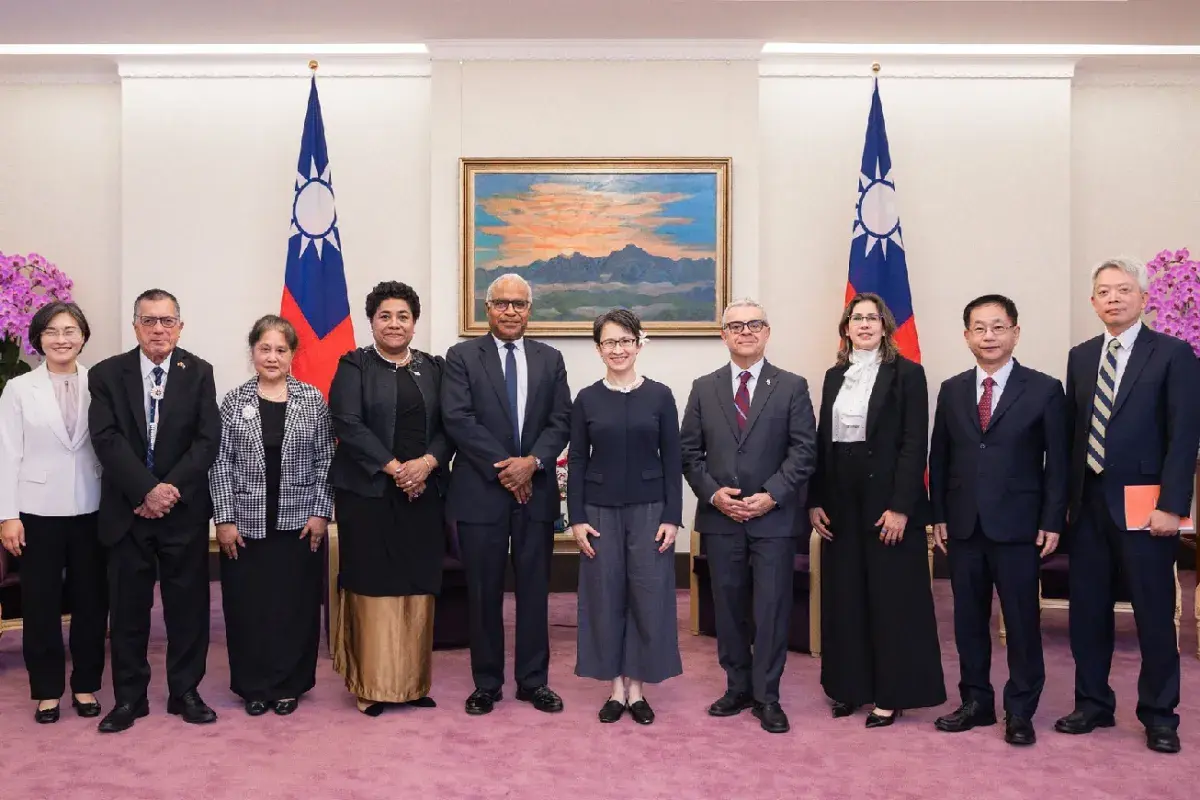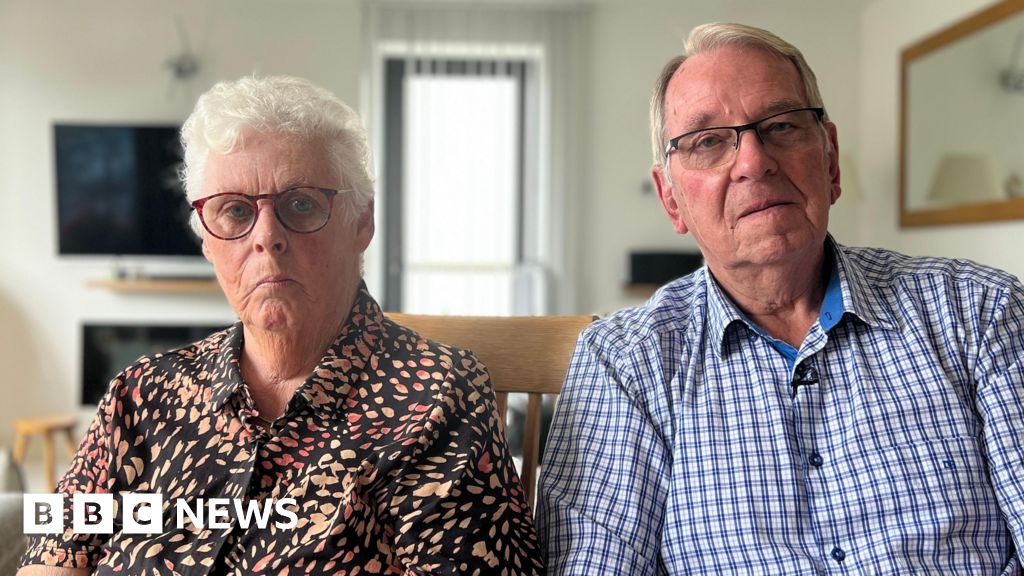Copyright Newsweek

China has issued a strong protest after a senior Fijian diplomat to the United Nations joined a delegation from two of Taiwan's diplomatic allies and met with officials of the Beijing-claimed island, including its vice president. "China firmly opposes any form of official interactions between China’s Taiwan region and countries having diplomatic ties with China," Chinese Foreign Ministry spokesperson Mao Ning told reporters Thursday. The Fijian government sought to appease Beijing's anger in a press release on Friday by stating that it "reaffirms its commitment to the One China Policy" and "values its diplomatic relations with the People’s Republic of China, which are grounded in mutual respect, cooperation, and adherence to the principles of sovereignty and non-interference." Newsweek reached out to the Fijian Ministry of Foreign Affairs and International Cooperation by email with a request for comment. Why It Matters The government of the Republic of China fled to Taiwan in 1949 after losing control of the Chinese mainland to Mao Zedong's communist forces. The Chinese Communist Party has never ruled Taiwan. Beijing, officially the People's Republic of China, requires its diplomatic partners to adhere to its "One China Principle"—recognizing it as the sole representative of China and severing official ties with Taiwan. The United States acknowledges China's claim over Taiwan without formally supporting it, while maintaining informal relations with the self-ruled island. What To Know Fiji's permanent representative to the U.N., Filipo Tarakinikini, joined his counterparts from the Marshall Islands and Paraguay—two of the dozen remaining countries with formal ties to Taiwan. Taiwan has been barred from U.N. membership since a 1971 resolution switched recognition to Beijing, which continues to oppose Taiwanese efforts to gain observer status there and in other international organizations. During the visit, Tarakinikini met with Taiwanese Vice President Hsiao Bi-Khim, who said that in spite of the "difficult situation" facing Taiwan, the island would continue contributing to the international community in areas such as public health, climate resilience, humanitarian assistance and economic development, Taiwan's Foreign Ministry said in a press statement Wednesday. Tarakinikini also had dinner with Taiwan's foreign minister, Lin Chia-lung, according to a separate ministry statement cited by the Taipei Times. Mao said the visit had "severely violated Fiji’s political commitment to the One China Principle" and that Beijing has "lodged serious protests" with Fiji. The visit is viewed as particularly embarrassing for Chinese President Xi Jinping, as it came just one day after Xi exchanged congratulatory messages with Fijian President Naiqama Lalabalavu to mark 50 years of official ties. The strategic position of Pacific island nations such as Fiji between the U.S. and China has placed them at the center of a geopolitical tug-of-war as powers vie for influence in the region. Fijian Prime Minister Sitiveni Rabuka told reporters in July that a Chinese military base was "not welcome" in the region. He said Beijing knows it does not need an overseas base because of the far-reaching military capabilities it already possesses. China has gradually been expanding its military footprint across the Pacific, including both the western and southern parts of the ocean. What People Are Saying The Fijian government in a press release on Friday said that it reaffirms its commitment to the One China Policy: "This follows recent media reports concerning a senior Fijian diplomat’s visit to Taiwan. The [Foreign] Ministry is taking appropriate steps to address the matter amicably. Fiji values its diplomatic relations with the People’s Republic of China, which are grounded in mutual respect, cooperation, and adherence to the principles of sovereignty and non-interference." China's Foreign Ministry said of Lalabalavu's exchange with Xi in a press release Wednesday: Xi "emphasized he attaches great importance to the development of China-Fiji relations. He expressed readiness to work with [President Lalabalavu] to take the 50th anniversary of [diplomatic relations] as an opportunity to enhance political mutual trust, expand cooperation in various fields, and take the China-Fiji comprehensive strategic partnership to new heights." What Happens Next It's unclear whether Tarakinikini's visit to Taipei will impact relations with China.



